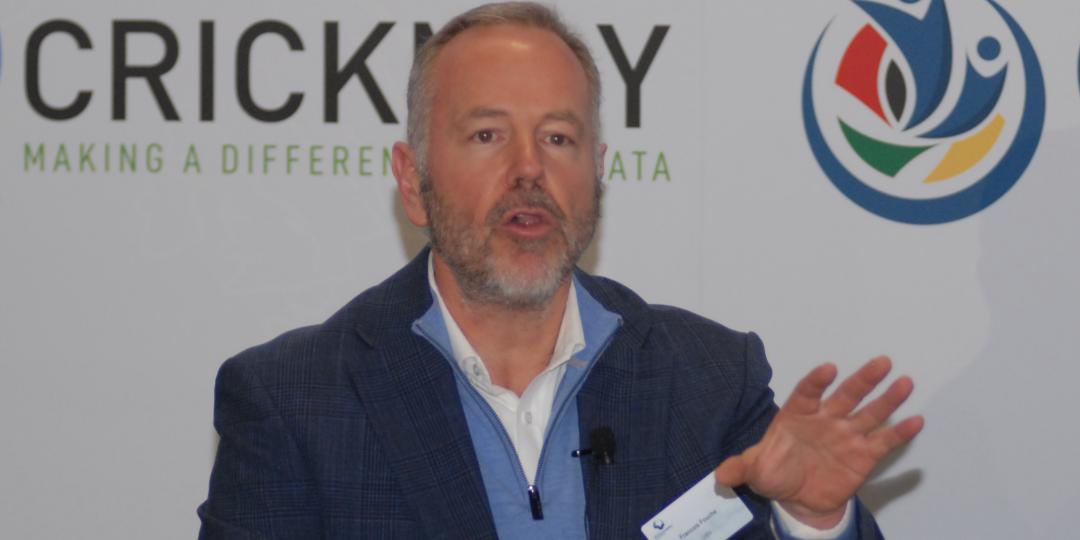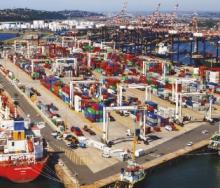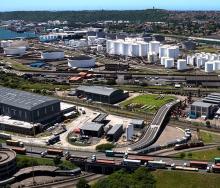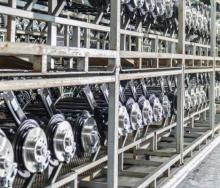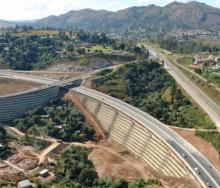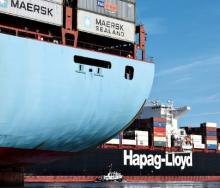Service providers in South Africa’s freight sector are fully prepared to improve the industry through self-regulation, economist Francois Fouche said at the launch of the Logistics Accountability Score (LAS) in Sandton."
Referring to the opening address by transport minster Barbara Creecy in which she outlined five key objectives at Transnet, the research fellow at the Gordon Institute of Business Science said change at the parastatal wasn’t happening fast enough.
He said it was “fantastic” to listen to the minister enumerate volume targets set out by the logistics utility, none more so than the hoped-for shift of 250 million tonnes on to the freight rail network, currently handling almost 100 million tonnes under that target.
“We have a massive pit-to-port challenge in South Africa,” Fouche said, acknowledging that there had been significant progress towards transforming private-sector access for infrastructural and rolling stock benefits for the freight rail network.
He said this was specifically evident through the network statement and subsequent expressions of interest following the third-party announcement Transnet made earlier this year.
“But we need to speed things up.
“It is taking too long from when we identify the problem until we solve the problem, and the gap is costing us valuable growth and productivity losses.”
The LAS, which reviews service providers according to consignor monitoring and various compliance measurements – customs, foreign transit, vehicle condition and driver behaviour – before reaching an accountability score, testified to the private industry’s willingness to comply with global best-practice standards, Fouche said,
“It’s the strongest signal you can send.”
What’s lacking, though, he added, was the necessary legislative interventions by government to “unshackle the industry”.
To illustrate his point, he said it was interesting to notice how energy insecurity in South Africa had changed once the government finally enabled independent power-producer involvement.
Fouche said, whereas the country’s grid had deteriorated from the inception of load-shedding in 2008, crucial policy changes 14 years down the line enabled private players to generate their own electricity and sell it back into the grid.
He emphasised that the willingness of private-sector logistics operators to make a bigger contribution through LAS, showed that the initiative by data innovator Crickmay should be advanced beyond South Africa’s borders.
“This tool is in essence addressing non-tariff barriers. The whole conversation happening in Africa about the African Continental Free Trade Area (AfCFTA) is about tariff reduction.”
However, if one considered the logistical challenges impeding cross-border trade, then AfCFTA was really a non-tariff story in as much it involved the non-compliance of logistical service providers, said Fouche.
“If this (LAS) can go from within the boundaries of South Africa to cross-border, that is when you will see real intra-Africa trade being unlocked.”
